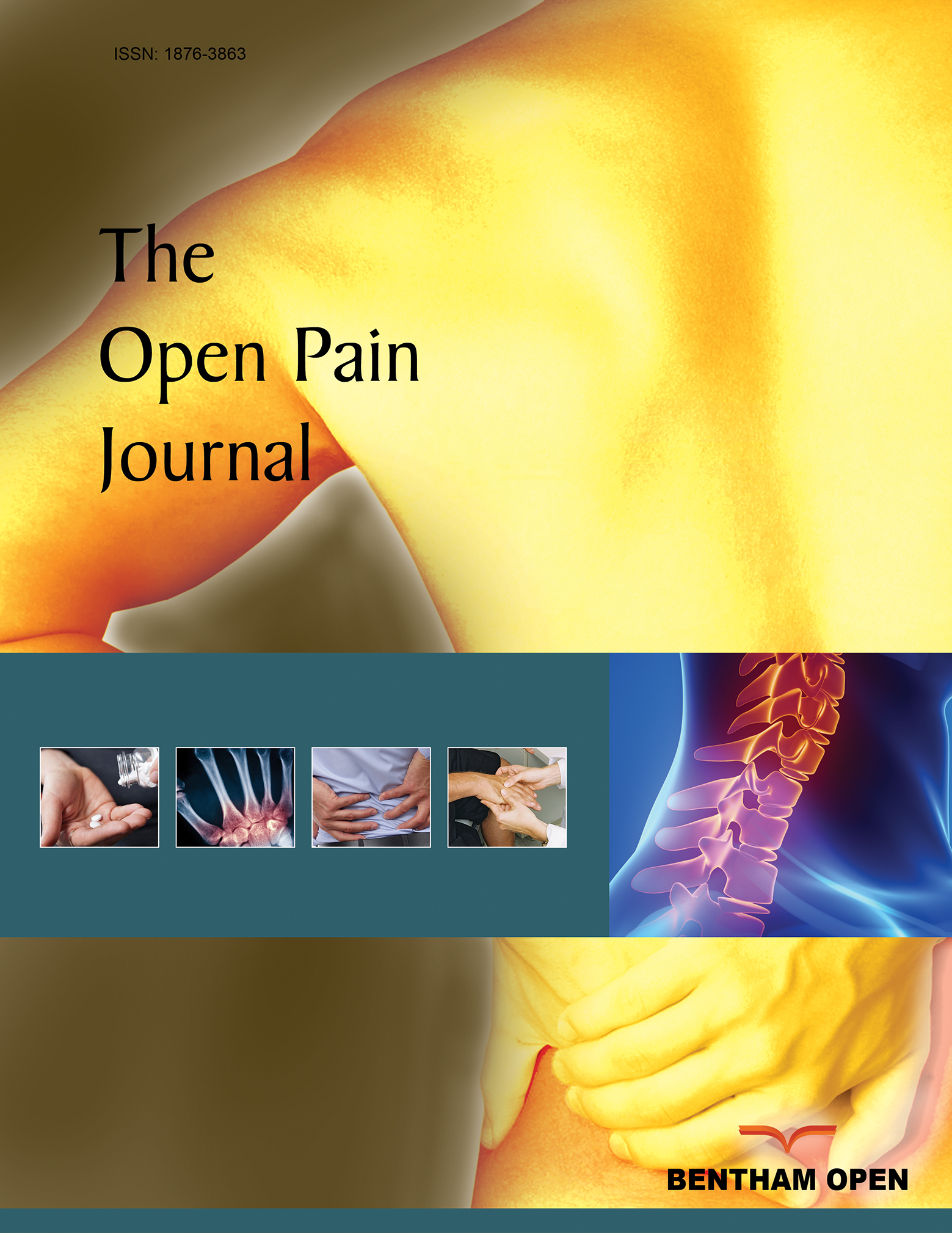All published articles of this journal are available on ScienceDirect.
The Use of Technology in Enhancing Nurses' Pain Management Competencies: A Narrative Review
Abstract
Background:
Effective pain management is a critical aspect of nursing care, and technological advancements have the potential to improve nurses' competency in assessing, monitoring, and intervening as a strategy for improved patients' pain experiences and outcomes.
Objective:
This review aimed to explore various technologies employed in pain management, their implications on nurses' competencies, and the challenges and benefits associated with their implementation.
Methods:
Using keywords from relevant studies, we searched the following electronic databases for pertinent literature and freely accessible full text: PubMed, ScienceDirect, IEEE Xplore, and Google Scholar.
Results:
Findings from the literature provide valuable insights into the various technologies employed by nurses to assess pain, such as wearable technology, virtual reality, mobile applications, and telehealth platforms, that give nurses a chance to develop their expertise in pain management, put evidence-based interventions into practice, and track patient response to care. Additionally, the benefits of implementing technology applications in pain management, including its ability to broaden nurses’ knowledge, hone their decision-making skills, and customize patient care with the use of simulation platforms and remote monitoring tools, were identified. Furthermore, issues like technological literacy, time restraints, privacy concerns, and ethical considerations need to be addressed for the effective incorporation of technology into pain management procedures.
Conclusion:
To improve patient care and outcomes, nurses can use technology to improve their pain management skills by recognizing the possible benefits and resolving related problems. Conclusively, areas for future research and development and implications to nursing practice, education, and research were outlined.


